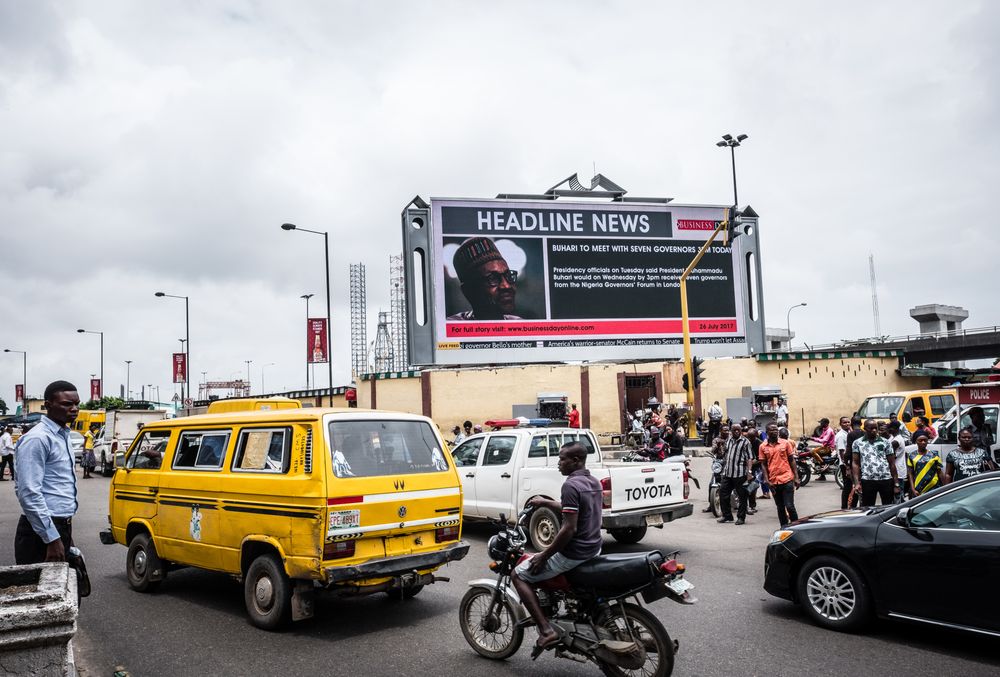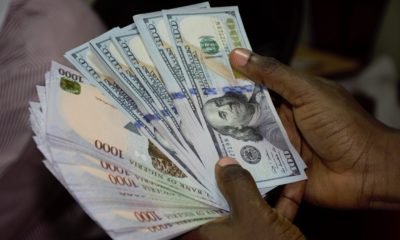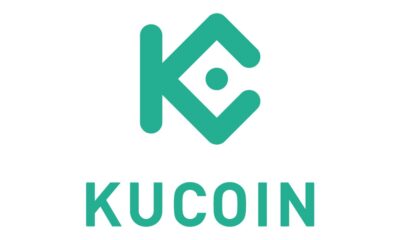Following the Central Bank of Nigeria’s decision to devalue the Nigerian Naira, Investors King has decided to assess Nigeria’s key economic indicators and their impacts on economic productivity and stakeholders at large.
Consumer Prices, which measures the inflation rate, moderated to 18.12 percent in the month of April from 18.17 percent in March 2021 despite the ongoing herders and farmers crisis.
At the monetary policy committee meeting held on Monday 24th and Tuesday 25th May 2021, the committee attributed the slight improvement to a series of adjustments made by the central bank, even when consumer prices continue to jump in reality.
A bag of pure water/sachet water has risen by N40 from N140 to N180 in Ibadan while prices of other food items have gone up by almost 50 percent and more in some cases.
Still, the National Bureau of Statistics showed food inflation decline marginally in April to 22.72 percent, down from 22.95 percent in March.
Feyintola Bolaji, a merchant in Ibadan, Oyo State, said rising prices has eaten deep into her sales as she had to cut down on the amount she now put on her own family’s table.
“It is really bad, I can’t simply afford to give my children what they really need in terms of food,” said Bolaji, a mother of three in her 50s based in the southwestern city of Ibadan. “I try to make them get the nutrients they need as growing children, but it is not enough,” she said, adding “I have had to cut down on meat and fish.”
Last week, the Central Bank of Nigeria (CBN) adopted the Nigerian Autonomous Foreign Exchange Rate Fixing (NAFEX) as the official rate following failure to sustain its managed lower exchange because of the dwindling foreign reserves and refusal of multilateral financial institutions to grant Nigeria any loan until an effort is made at converging the nation’s foreign exchange rates.
The move led to a N31 devaluation from N379/$1 to N410/$1. A decision widely criticised by experts given Nigeria’s economic reality post-COVID-19.
The nation’s manufacturers have blamed the intermittent devaluation of Naira and persistent dollar scarcity for the weak manufacturing sector. Nigeria’s Manufacturing Purchasing Managers’ Index stood at 49, suggesting that activity remains weak in the sector despite the 0.51 percent GDP growth rate recorded in the first quarter of the year.
Nigeria’s unemployment stood at 33.3 percent as new job creation plunge with new investments and capital importation. Experts have blamed the lack of a clear economic path, rising insecurities, low fiscal buffer and weak fundamentals for the drop in new investments and the new jobs needed to plug falling household income and consumer spending.
Still, the apex bank left the interest rate unchanged at 11.5 percent, citing the need to attain price stability. However, this is because Nigeria’s inflation is cost-push, ‘substantial rise in the cost of goods and services due to underlying factors like increase in electricity, import duty, high forex, etc.’ Meaning, an adjustment to the monetary policy rate will have little to zero impact on rising prices as long as the present economic conditions remain.
Therefore, Investors King expected a persistent increase in prices to further weigh on consumer spending, drag on economic productivity and force more companies to cut jobs.

 Naira4 weeks ago
Naira4 weeks ago
 News4 weeks ago
News4 weeks ago
 Naira4 weeks ago
Naira4 weeks ago
 Travel3 weeks ago
Travel3 weeks ago
 Jobs4 weeks ago
Jobs4 weeks ago
 Naira3 weeks ago
Naira3 weeks ago
 Naira3 weeks ago
Naira3 weeks ago
 Investment4 weeks ago
Investment4 weeks ago



























